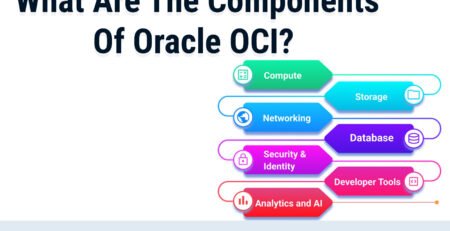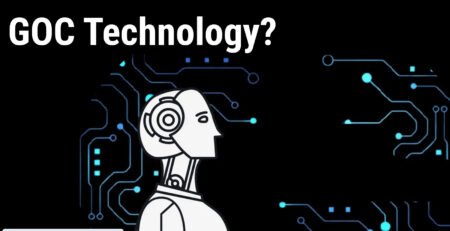Unlocking The Power Of ICT Through Its Objectives
In today’s digital age, Information and Communication Technology (ICT) is the driving force behind the rapid transformation of our world. From personal communication to business operations, education, healthcare, and government services, ICT plays an integral role in every aspect of modern life. ICT encompasses a wide range of technologies and tools ranging from smartphones and the internet to complex computer systems and software, that aim to achieve specific objectives. But what is the objective of ICT? We will explore the primary objectives of ICT and why it is essential in our increasingly connected and digitalized world.
Defining ICT
Information and Communication Technology, or ICT, is a broad term that encompasses technologies and tools used for the collection, processing, storage, transmission, and dissemination of information. It includes a wide range of technologies like computers, the internet, software applications, smartphones, and various communication devices. While there is not a singular, universally agreed-upon definition for ICT, the term is typically understood to encompass all devices, networking elements, applications, and integrated systems that collectively enable individuals and various entities (such as businesses, non-profit organizations, governments, and even illicit enterprises) to engage with one another in the digital realm. The primary objectives of ICT can be summarized as follows:
1. Information Management – ICT strives to provide efficient tools and systems for storing, retrieving, and organizing information. This involves everything from basic data storage solutions to sophisticated databases and cloud computing platforms. By centralizing and streamlining information management, ICT enhances productivity and decision-making across industries.
2. Communication Enhancement – The objective is to bridge geographical gaps and facilitate seamless interaction between individuals, businesses, and organizations. From emails and instant messaging to video conferencing and social media, ICT tools foster real-time, global communication, enabling collaboration and information sharing on an unprecedented scale.
3. Automation and Efficiency – Another significant objective of ICT is to automate processes and workflows to increase efficiency. Through the use of software, algorithms, and smart devices, repetitive tasks can be streamlined or eliminated altogether, freeing up human resources for more creative and strategic endeavors.
4. Access to information – ICT aims to make information readily accessible to a wide range of users. The internet, for instance, has democratized access to knowledge and resources, leveling the playing field for individuals and organizations alike. This objective promotes inclusivity and equal opportunities for learning and innovation.
5. Problem-solving and innovation – ICT fuels innovation by providing tools for research, experimentation, and problem-solving. Whether it is in scientific research, product development, or creative endeavors, technology-driven solutions empower individuals and teams to tackle complex challenges and discover new possibilities.
In a rapidly evolving digital landscape, ICT serves a multitude of objectives that shape our society and how we interact with the world. The objective of ICT is multifaceted, encompassing information management, communication, automation, accessibility, problem-solving, and innovation. It empowers individuals, businesses, and society at large by connecting the world and facilitating the rapid exchange of information. As technology continues to evolve, so too will the objectives of ICT, paving the way for a more connected and digitally empowered world. Embracing ICT and its objectives is not just a matter of staying current; it is an essential step toward a more efficient, informed, and interconnected future.











